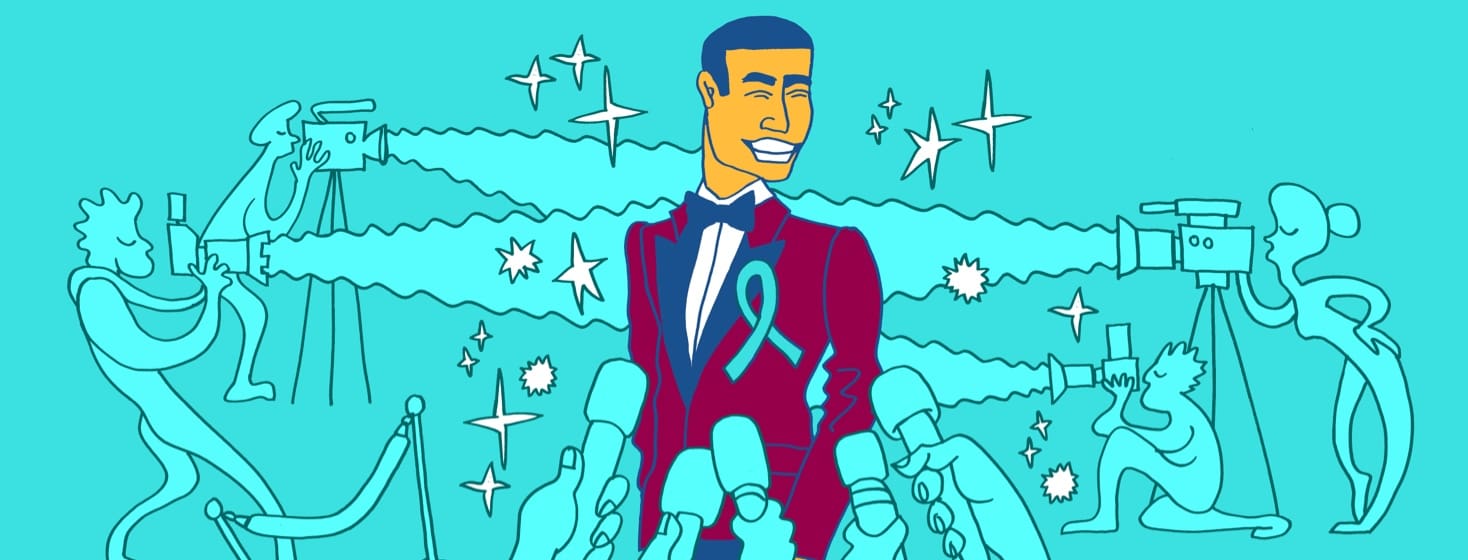Don't Compare Your Disease Experience to Celebs'
When a celebrity is diagnosed with a chronic illness, there are usually articles splashed across every magazine and tabloid. Often, their diagnosis is used as clickbait, a cheap and careless way to drum up some eyes. It's not every magazine, but it happens.
You know it when you see it: They make the story as dramatic and vague as possible, often leaving readers clueless around whether or not a disease is fatal or treatable. There's often no mention of cause, treatment, or prognosis. Sometimes, these stories look like someone did a cursory Google search and pulled the most dramatic, out-of-context words possible. This is unfair to the celebrity, to the disease community, and to the reader.
Just look at this article via the Daily Mail. The headline gets it all wrong. We know AS isn't rare, we know it's not always genetic, and we know it affects women just as it does men.
There's a responsibility in reporting
This, to me, is irresponsible and unforgivable; if tabloids or pop culture magazines are going to report on celebrity health matters, I think they have a responsibility to either draw information from reliable sources or include medical expert input — or both.
When Kim Kardashian was said to have tested positive for lupus antibodies, I saw plenty of people on social media talking about how she was diagnosed with a disease. They were confused. They clearly didn't read that she wasn't diagnosed with lupus, and the article clearly didn't explain antibodies. This is no good.
Celebrities: they're not like us
Then there's the issue of comparing ourselves to celebrities, who are often upheld as influencers — experts, even. But celebrities aren't just like us. Their disease experience is going to differ from mine, which is going to differ from yours, which is going to differ from someone else's.
For example, when we hear about Dan Reynolds (from the band Imagine Dragons) and the way that he manages his ankylosing spondylitis, we can be grateful for the disease awareness (Reynolds has done so much for our community!) that comes from his speaking out, but we can’t compare our disease experience to his.
Not to mention, celebrities often are privileged — they have more money, better access to medication, foods, therapies, and resources.
Ask questions & do your own research
In short, be careful where and how you consume information. If you want to learn about a disease, turn to reputable sources. These might be government sites (like the CDC), hospital pages, medical journals, disease awareness organizations, your doctor's office, or chronic illness awareness sites written by patients or medical experts (like this one).
It's great that celebrities bring awareness to a disease (like Selena Gomez does for the Lupus community, or like Selma Blair for multiple sclerosis) but the buck must stop there. Do your own research. Ask questions. Look beyond gossip blogs.

Join the conversation